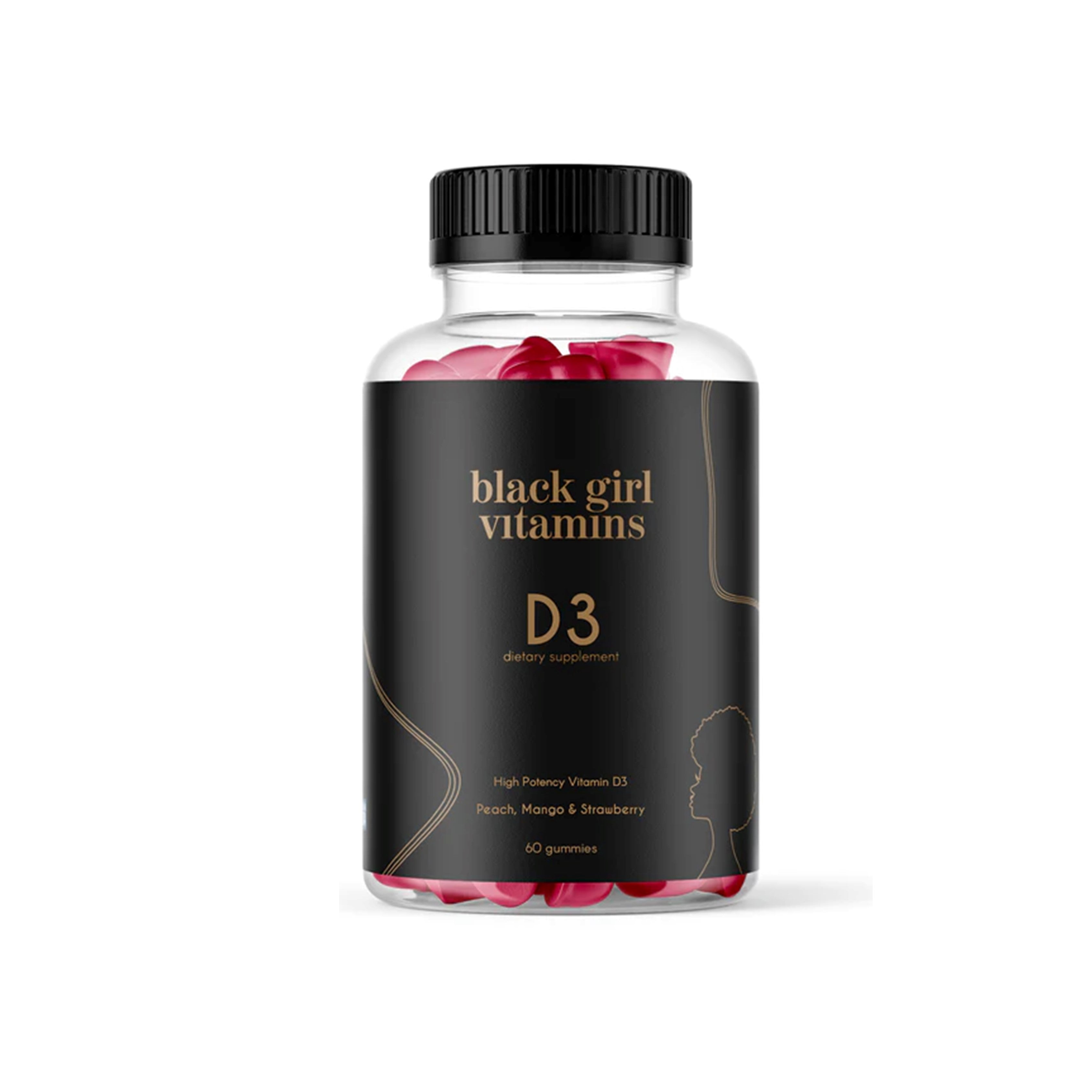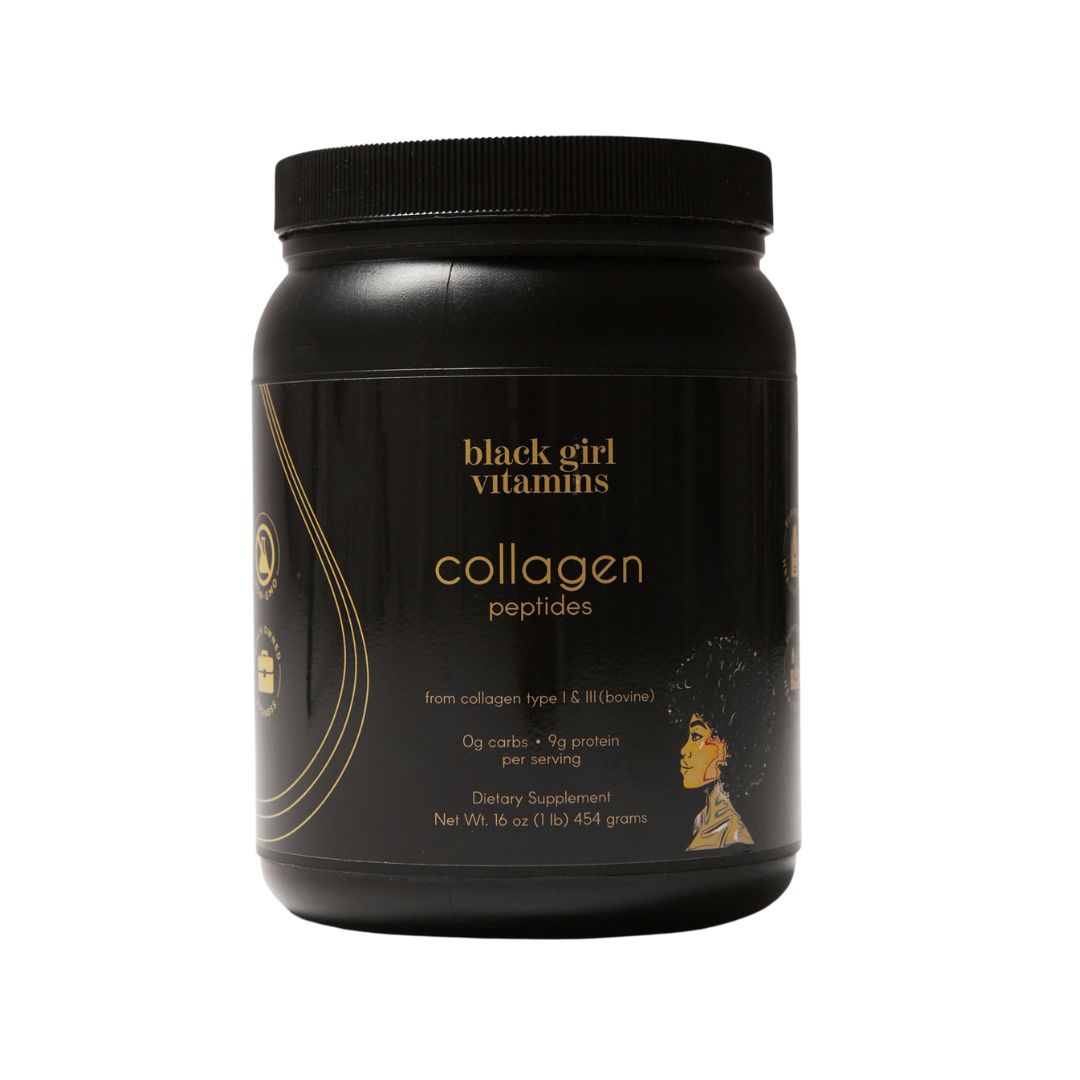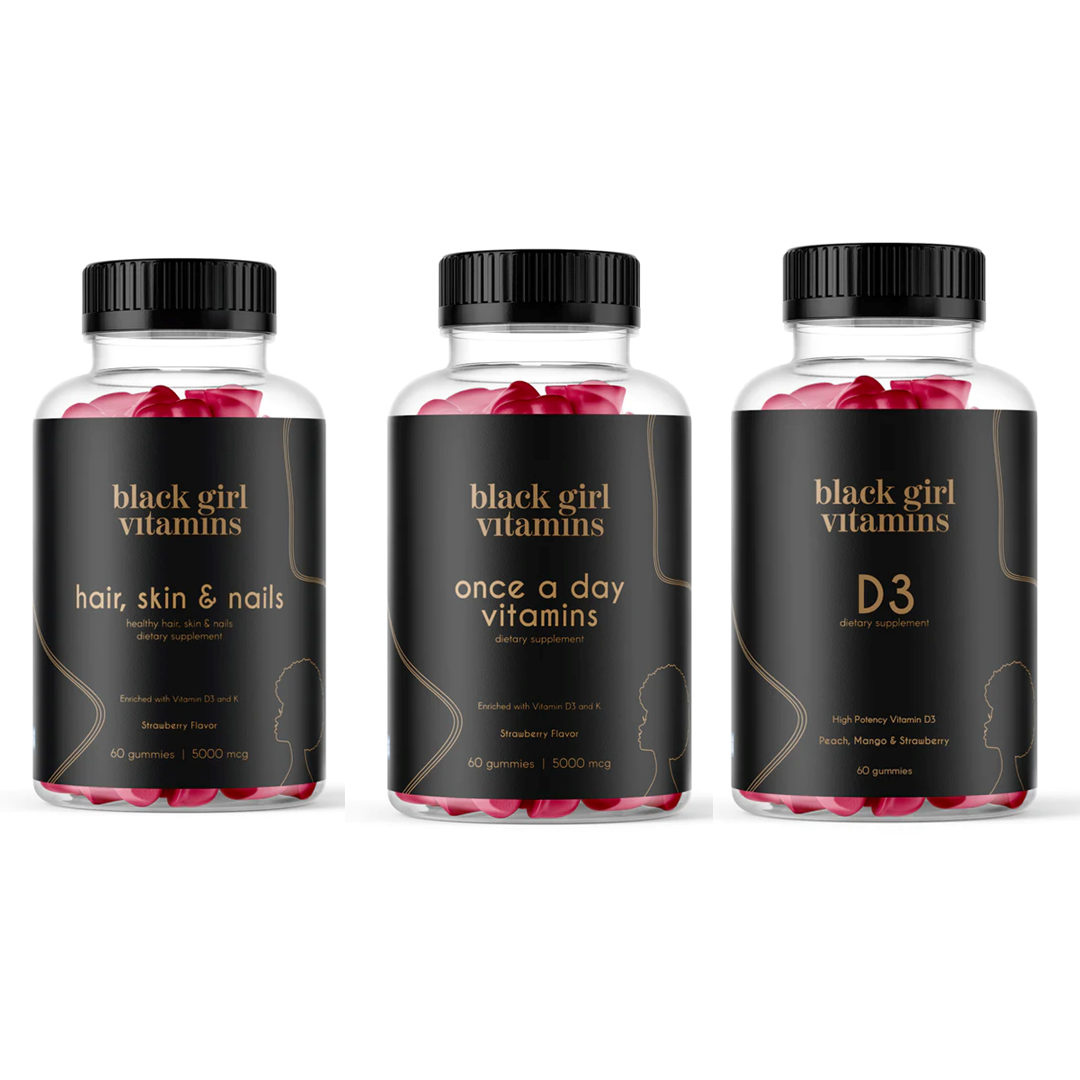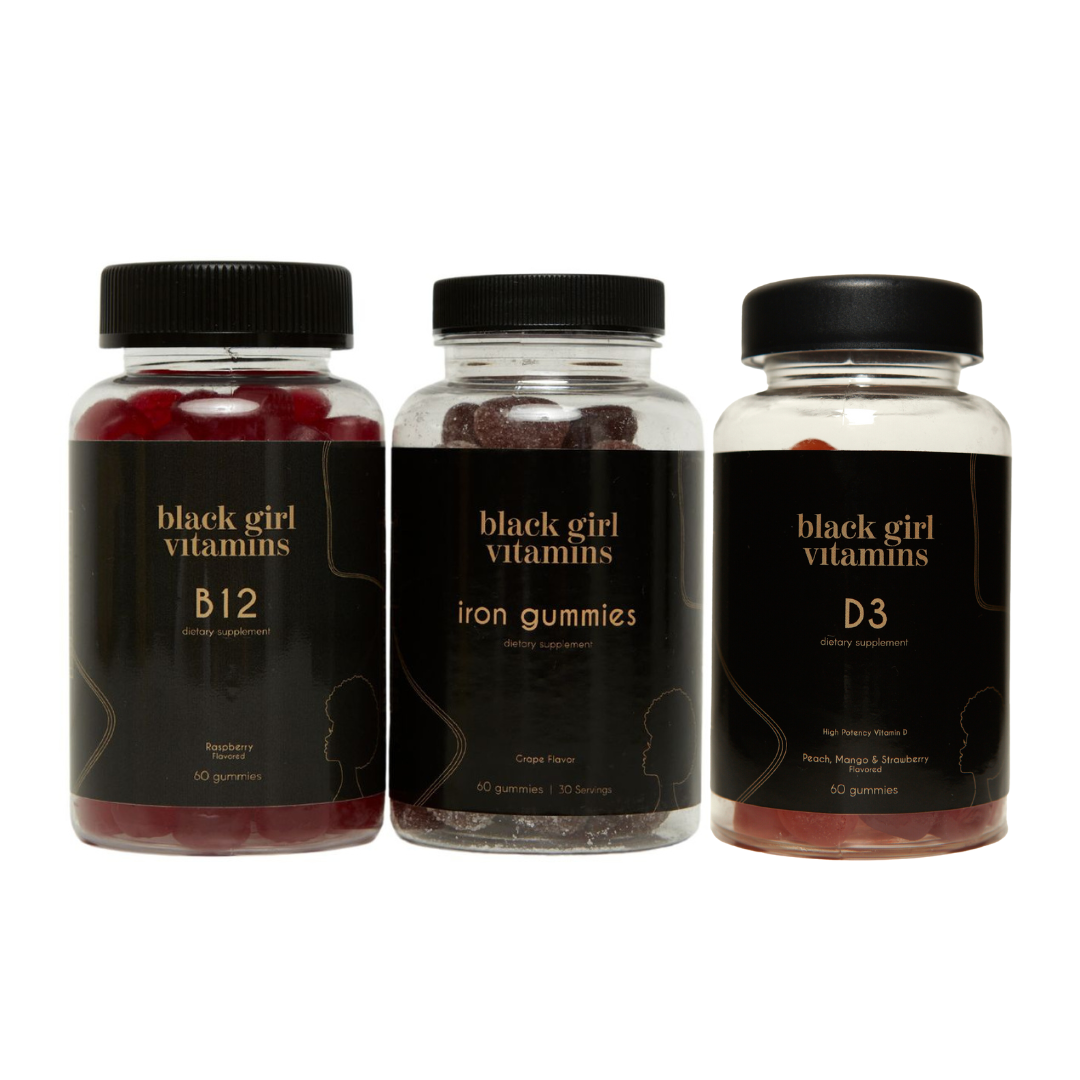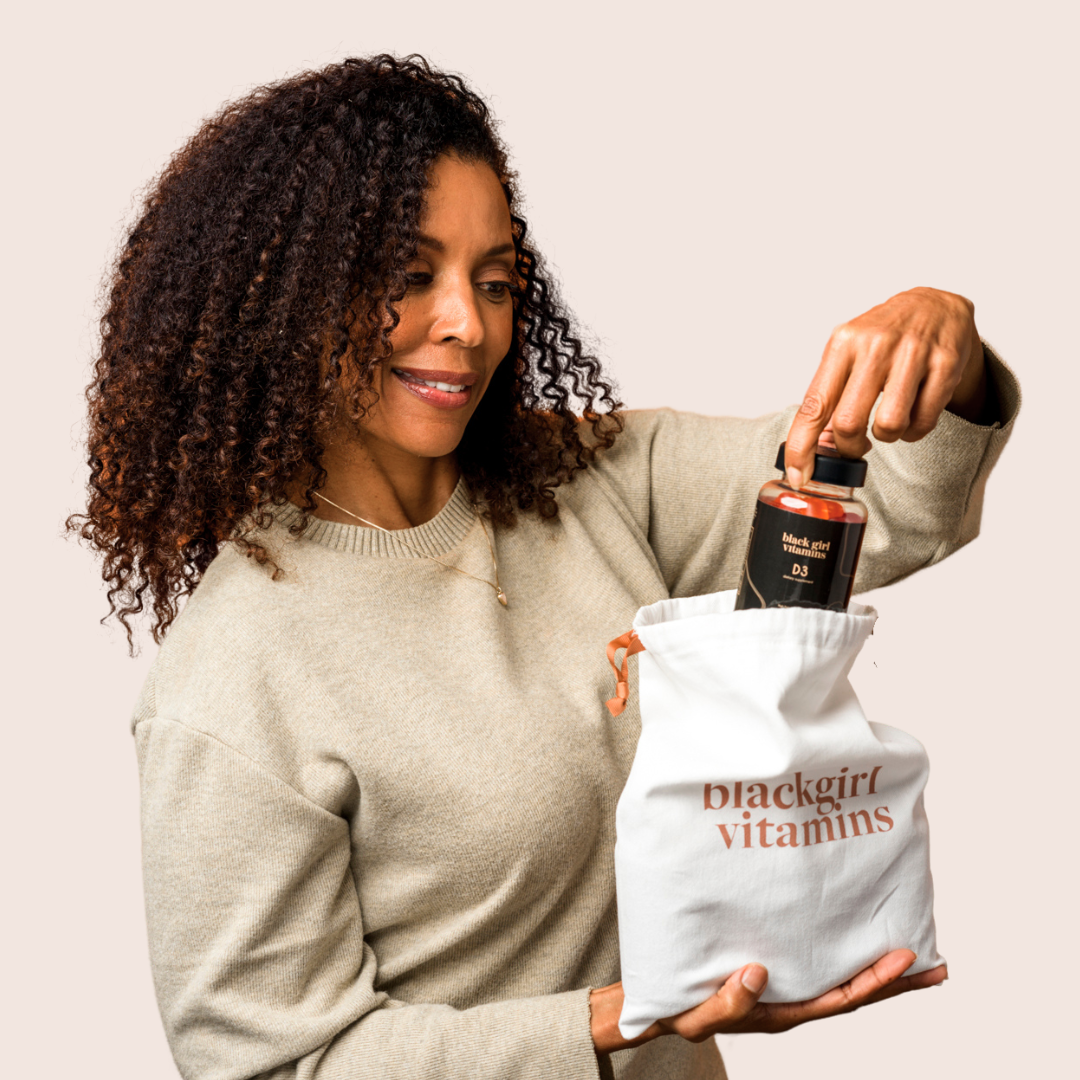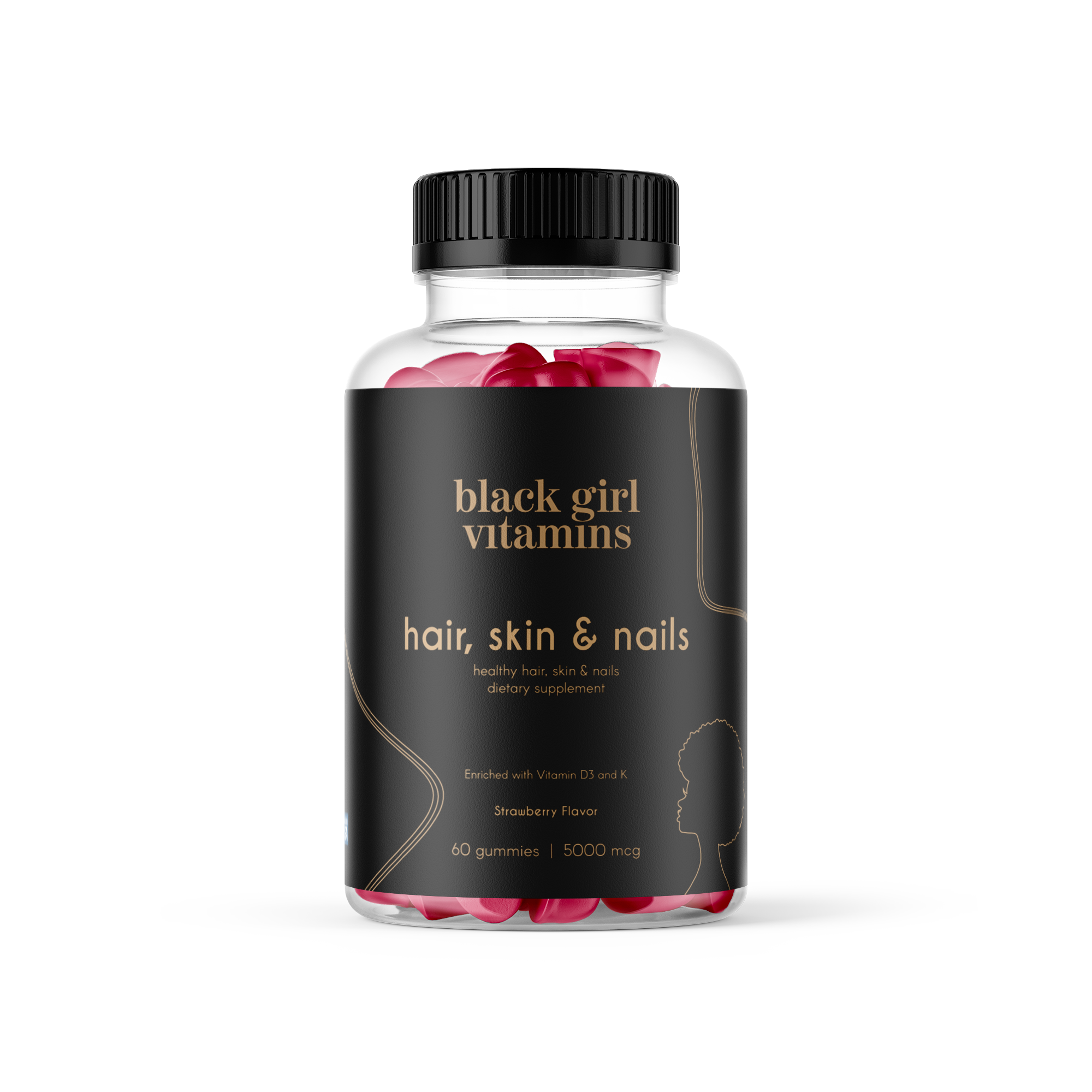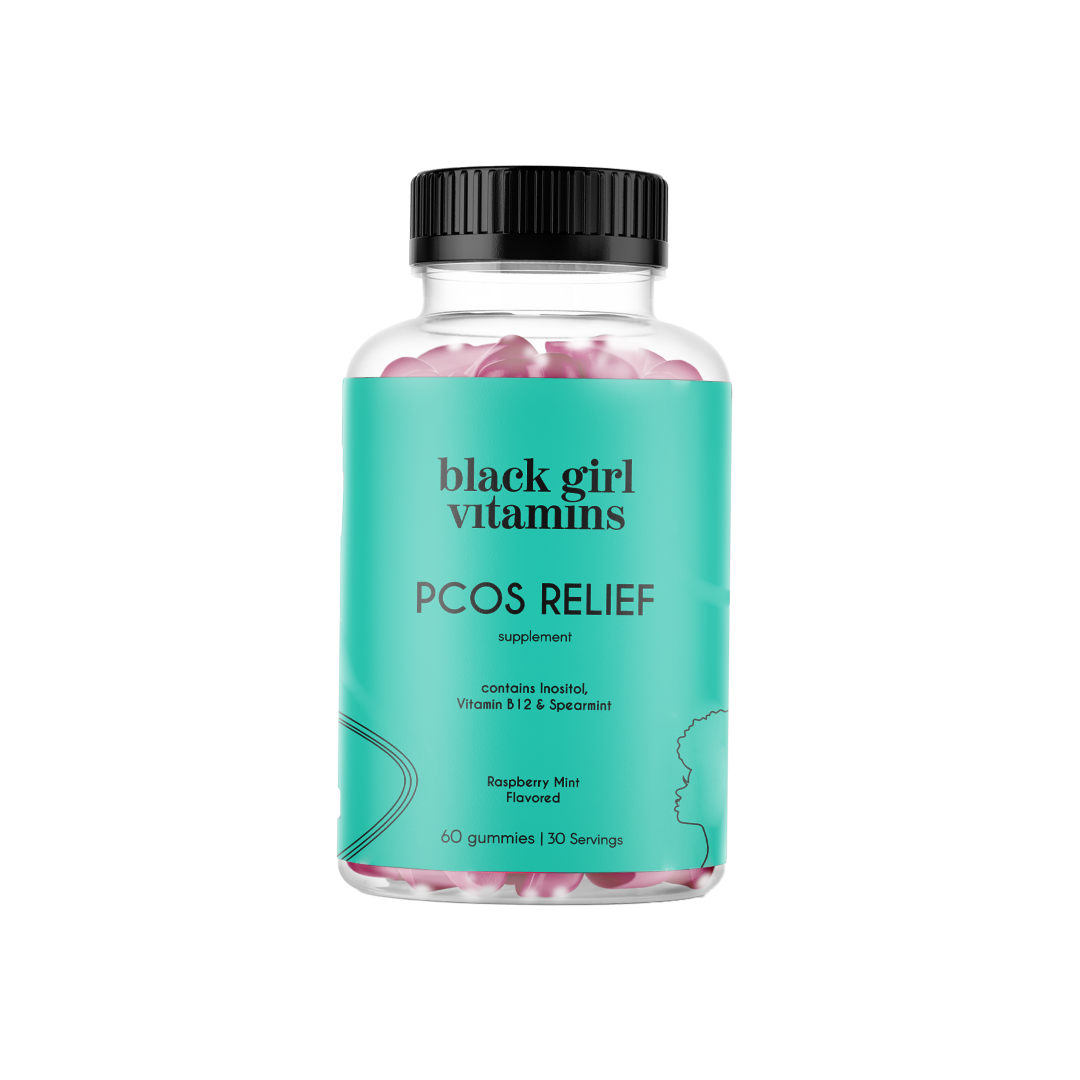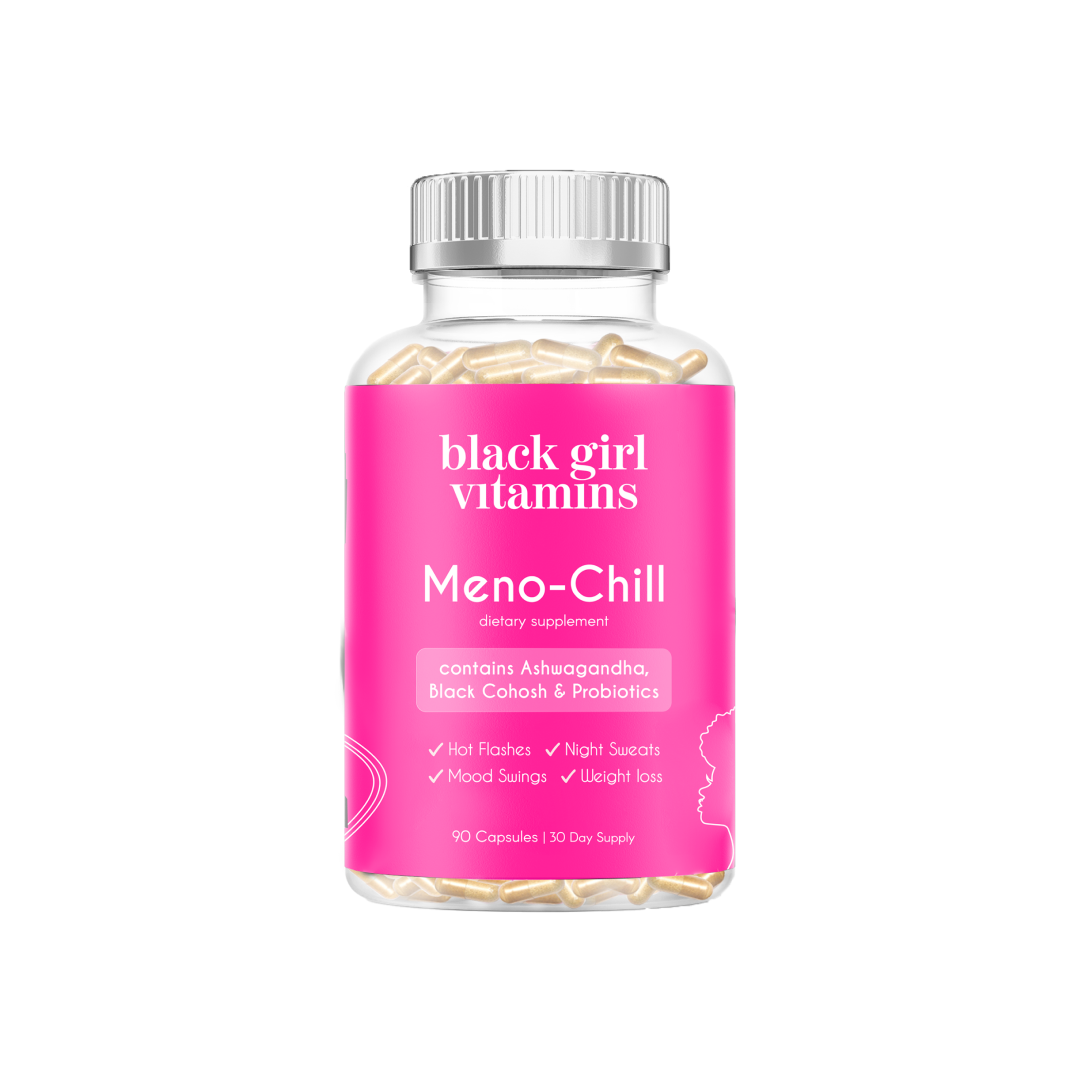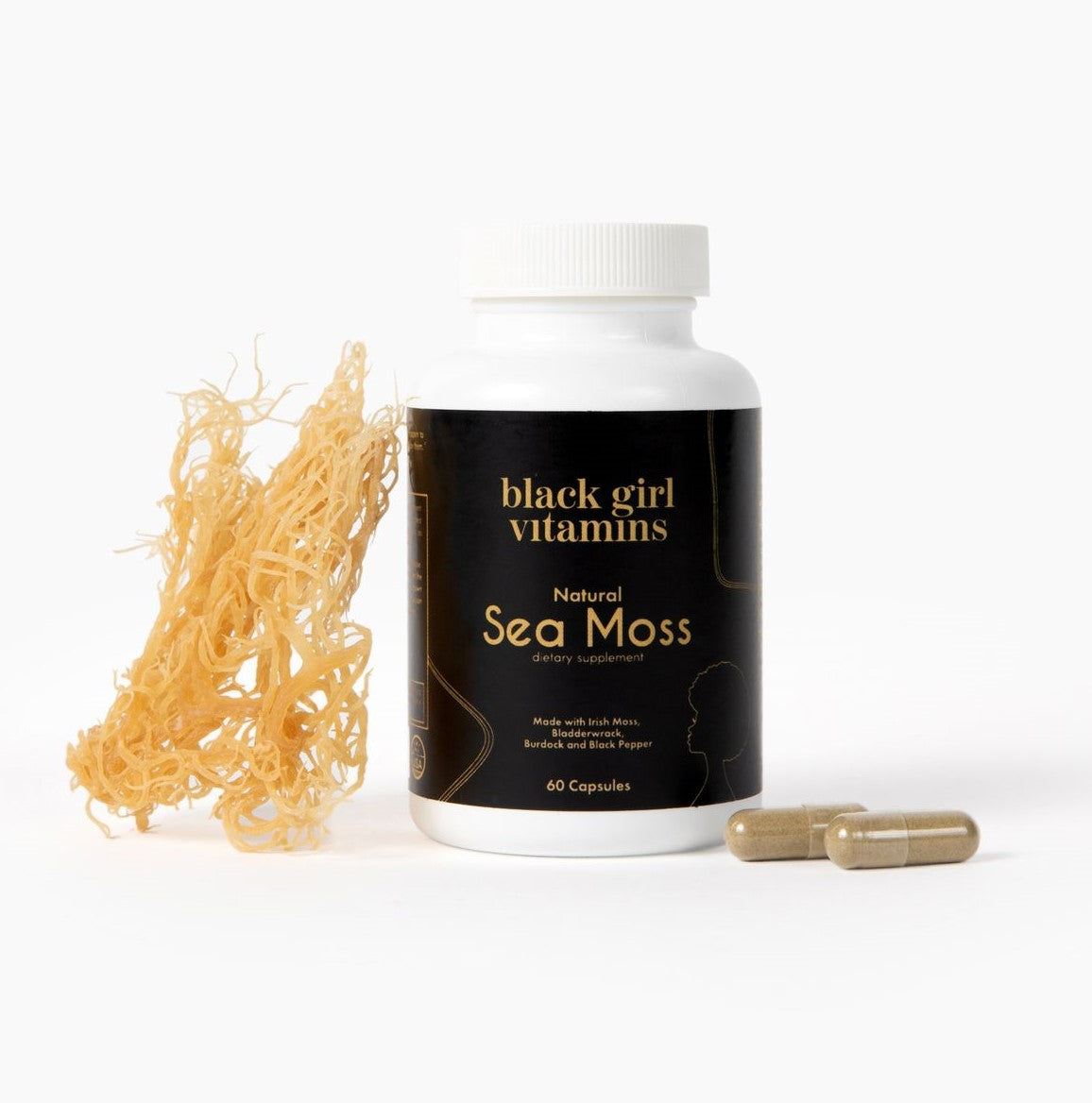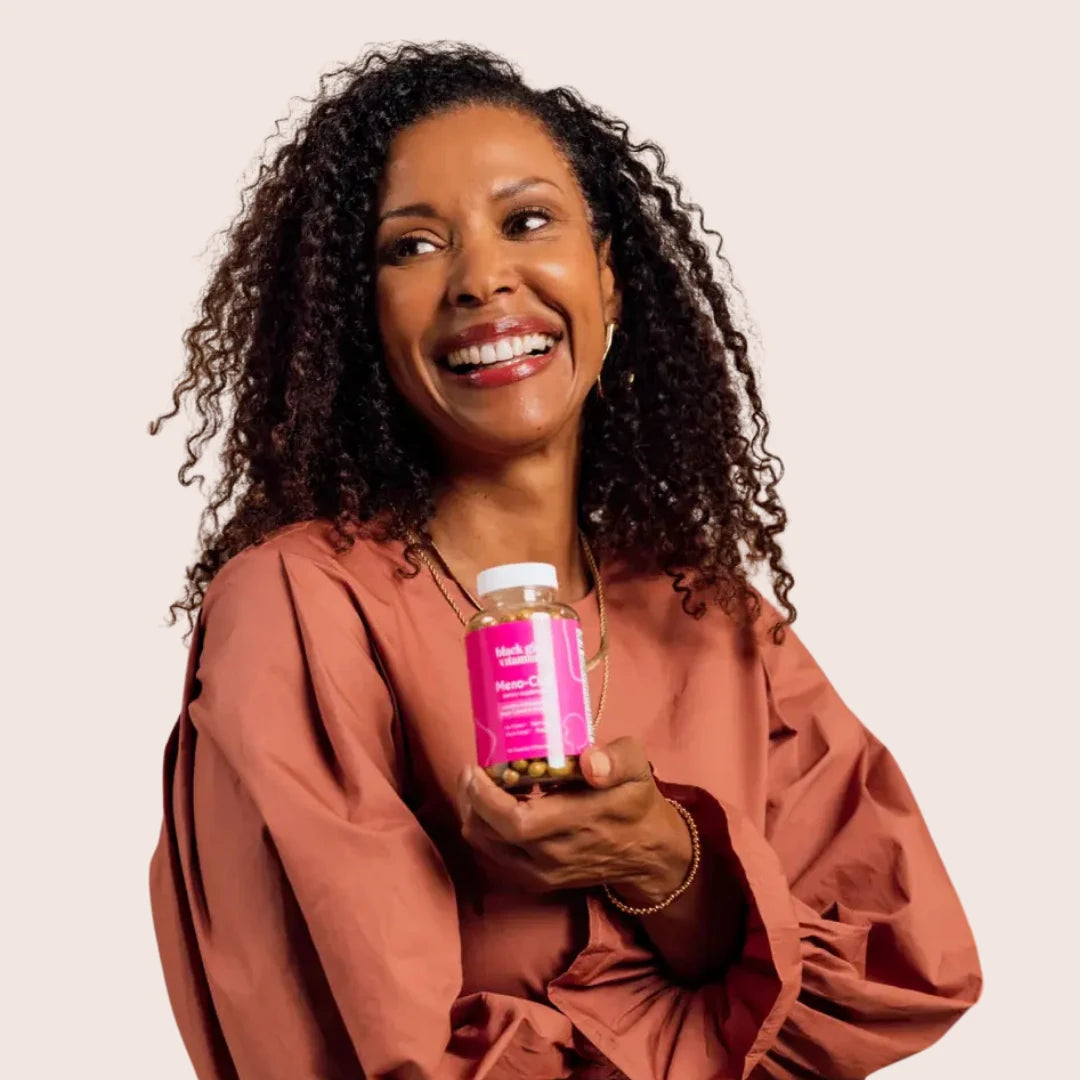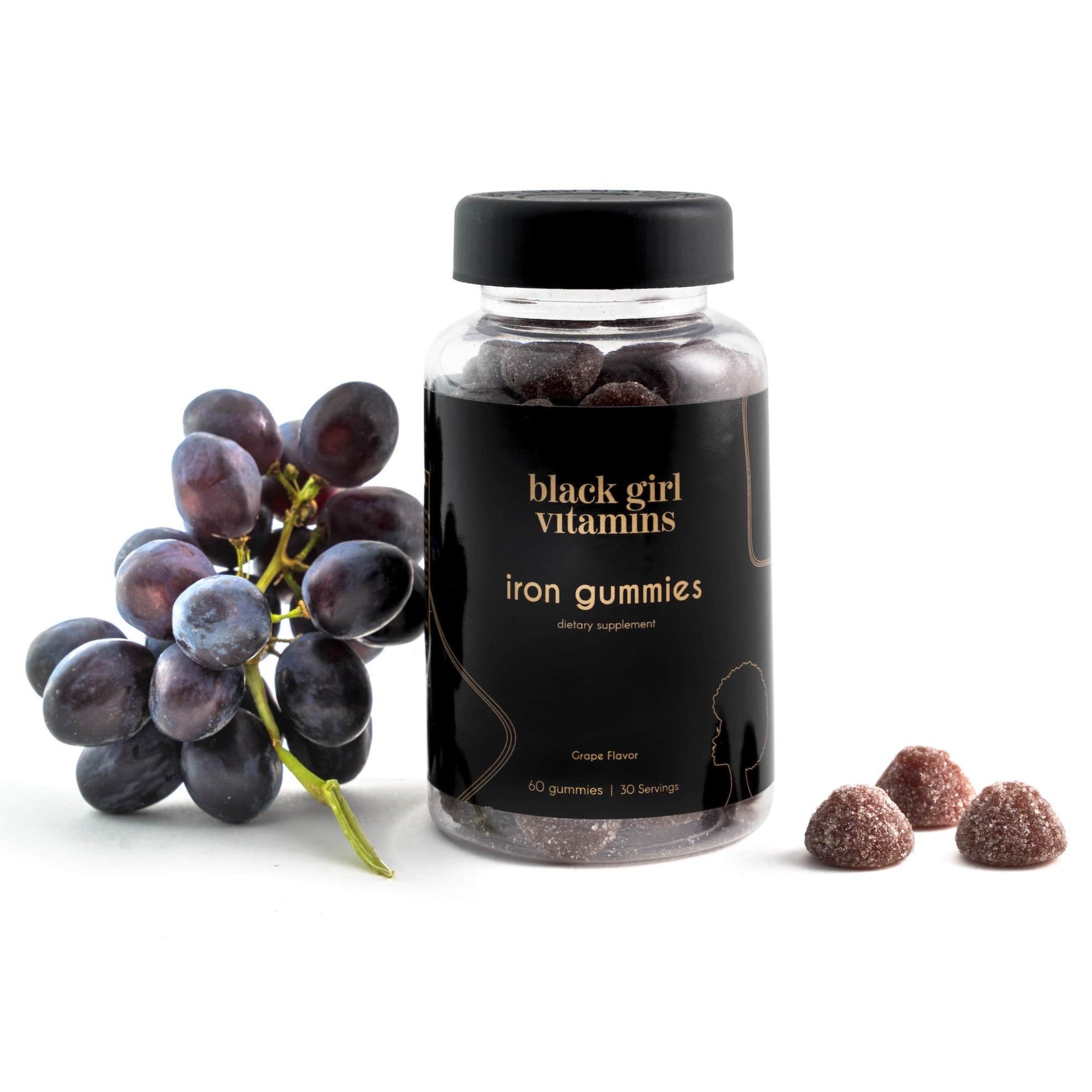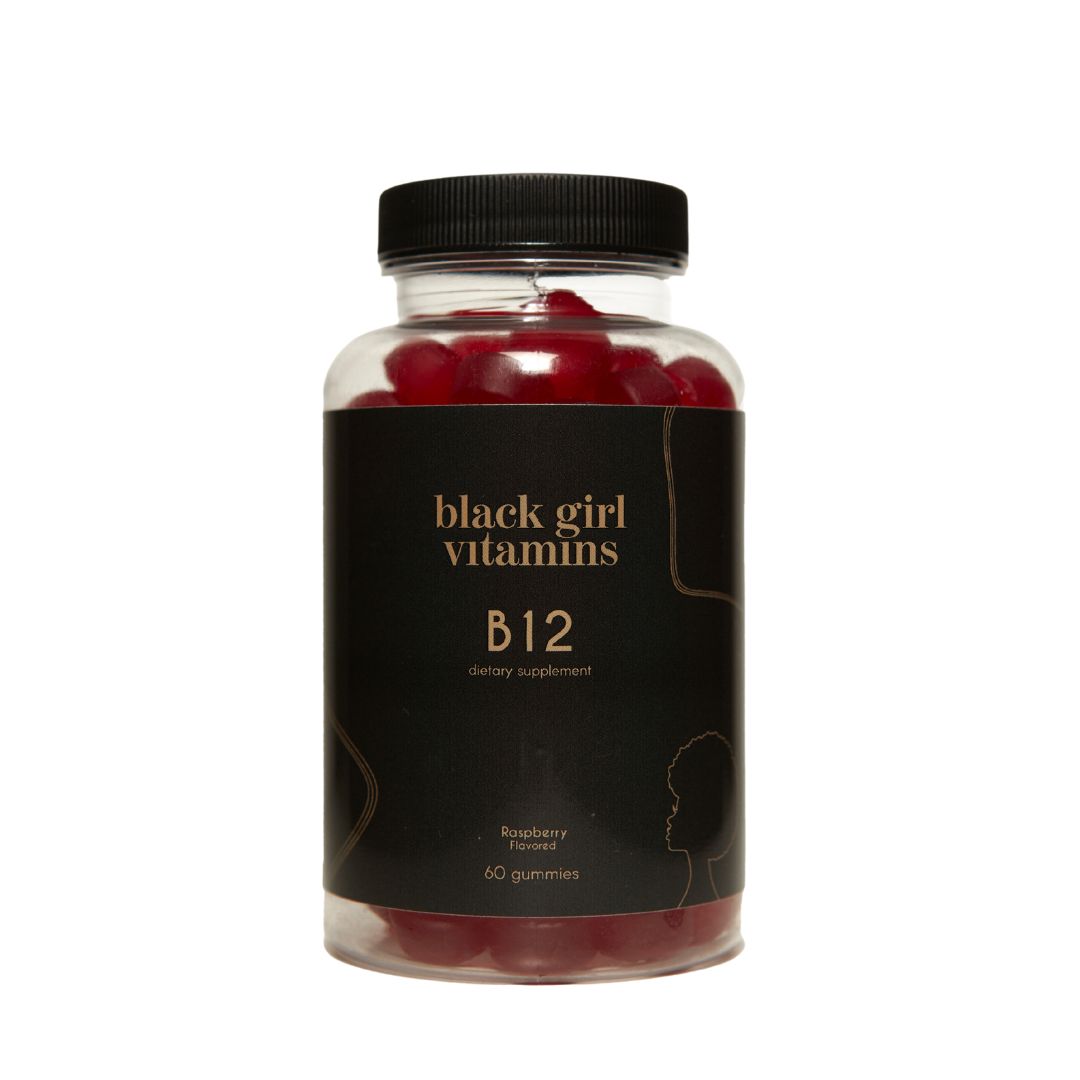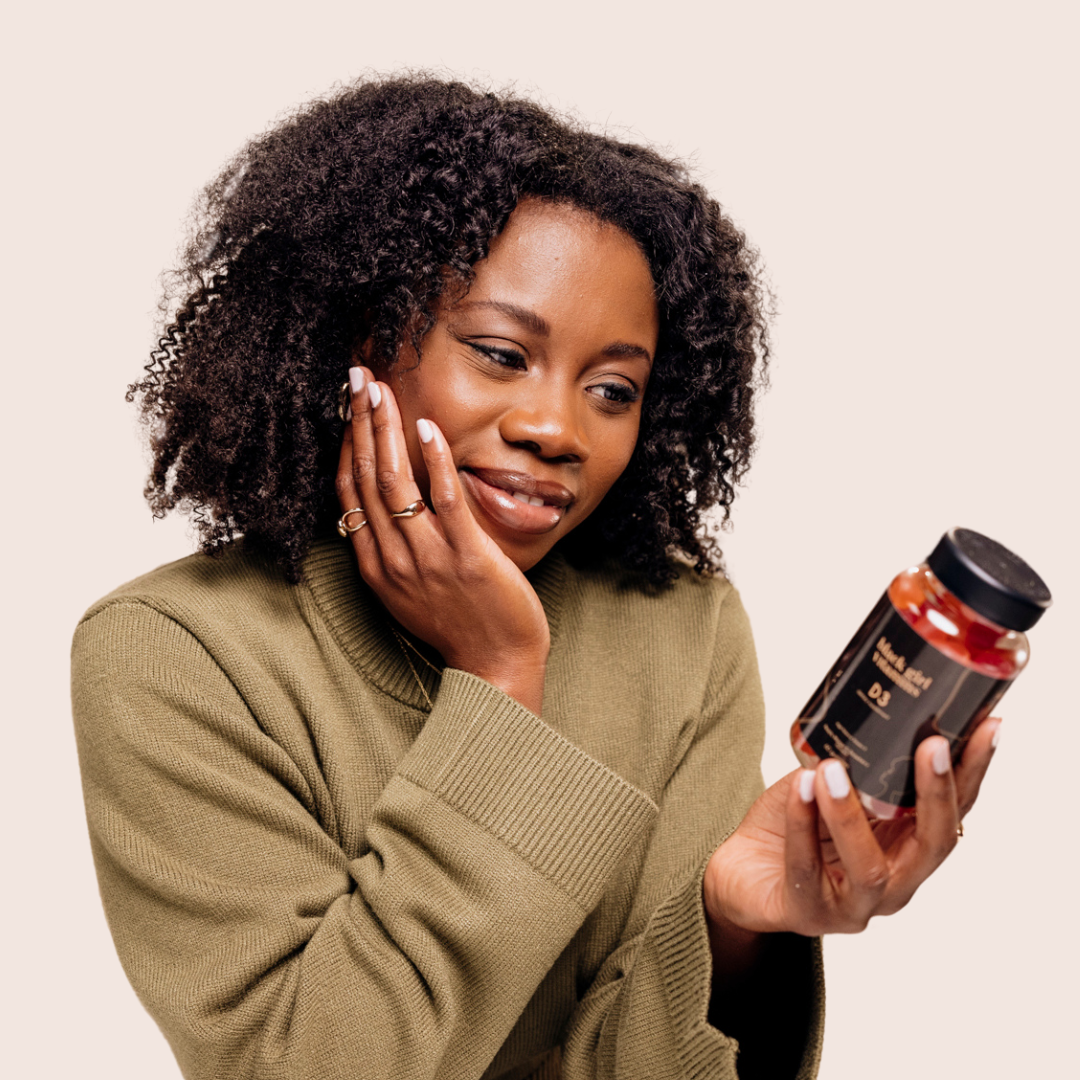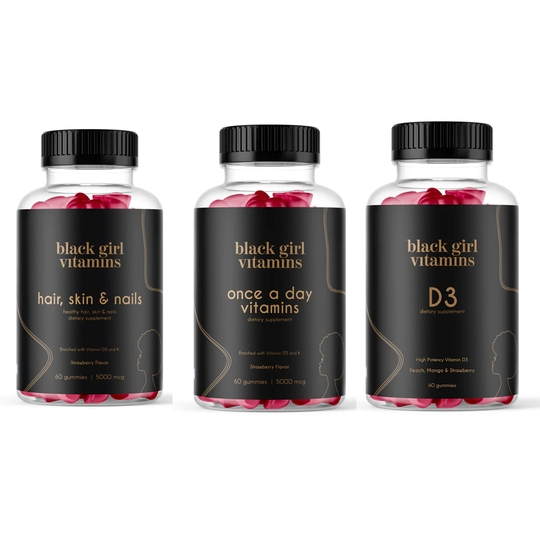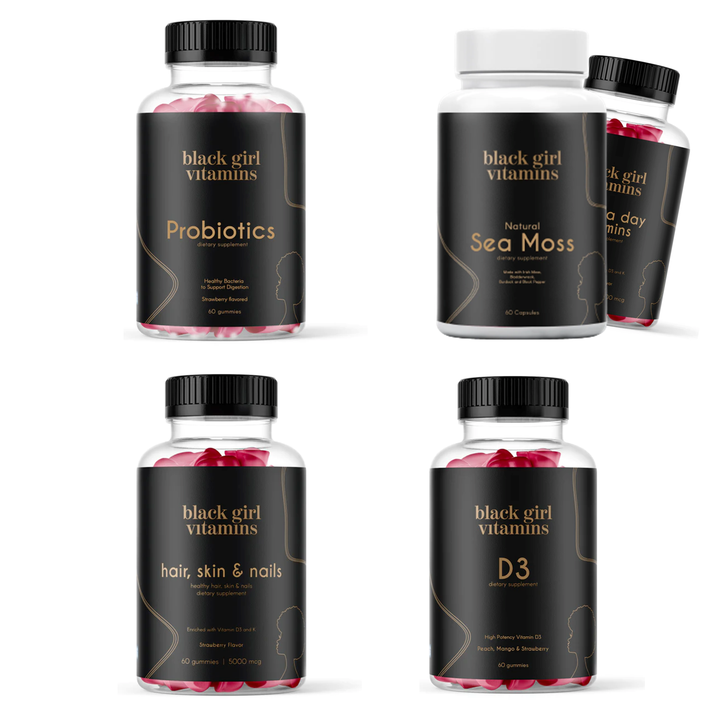What Black Women Need to Know About Kidney Health
 Black Girl Vitamins doesn’t just make supplements; we listen to Black women’s life experiences. When we asked Black women across the country about their kidney health, one stat jumped out:
Black Girl Vitamins doesn’t just make supplements; we listen to Black women’s life experiences. When we asked Black women across the country about their kidney health, one stat jumped out:
Only 37% said they’ve ever had their kidney function checked.
That number is far too low, especially considering that many of us are at higher risk for kidney issues because of a genetic marker called the APOL1 gene. This gene is more common in people with African ancestry and can increase the chances of developing chronic kidney disease (CKD). Since CKD often shows no symptoms in its early stages, you might not even know something’s wrong until the damage is already done.
Why This Matters
Kidney disease is more common in women than men in the U.S., and yet Black women are still often overlooked in conversations about prevention, diagnosis, and care. The BGV survey highlighted not just a gap in access, but a gap in awareness.
Too many of us are unaware that kidney screenings should be part of our regular care. And when you add in things like systemic bias, limited access to culturally competent providers, and stress from just navigating the world as a Black woman, the odds can start to feel stacked.
Understanding Kidney Disease in Black Women: Let’s Talk About the APOL1 Gene
What Is Kidney Disease?
Chronic kidney disease (CKD) means your kidneys aren’t working the way they should, which can lead to waste building up in your body. It often goes unnoticed until things are advanced, which makes early screening so important, especially for those of us at higher risk.
How the APOL1 Gene Comes Into Play
Black women are more likely to carry certain variants of the APOL1 gene, which increase the risk for developing kidney disease. This isn’t about fear—it’s about being informed. If we understand our risks, we can advocate for earlier testing, better care, and long-term support (NIH).
Symptoms to Watch Out For
CKD can sneak up quietly, but here are some signs to be aware of (Mayo Clinic):
-
Constant fatigue
-
Swelling in your ankles, feet, or hands
-
Trouble catching your breath
-
Nausea or loss of appetite
-
Brain fog or difficulty focusing
-
Changes in how often you pee
If any of this sounds familiar, it’s worth talking to your doctor and asking for a kidney screening.
Supporting Your Kidneys: Nutrition, Vitamins & Daily Care
Your genes matter, but so do your choices. What you eat and how you care for your body can make a difference when it comes to kidney health.
Key Vitamins for Kidney Support
-
Vitamin D: Regulates calcium and phosphorus levels

-
Vitamin C: Acts as an antioxidant to protect kidney tissue
- B Vitamins: Help with energy and red blood cell production

You can get these through food or high-quality supplements, but always check in with your doctor to figure out what’s best for you, especially if you’re managing other health conditions.
Building a Healthier Culture Around Kidney Care
Ways to Take Care (and Take Action)
-
Start the conversation. Talk to your friends, your mom, your aunties and ask if they’ve had their kidneys checked.
-
Stay active. Movement supports your overall health, including your kidneys.
-
Rest and recharge. Your body does so much—make sure it has time to recover.
-
Create space. Host a chat, event, or online convo about kidney health and what we deserve to know.
What We’re Doing at BGV
Join BGV Medical Advisor Dr. Swiner for a chat about kidney health on June 30th, 2025 at 6pm EST.
This survey was just the beginning. We’re committed to bringing more education, culturally relevant resources, and community-centered care to the table. Because our health isn’t one-size-fits-all, and we deserve tools that reflect our lived experience.





